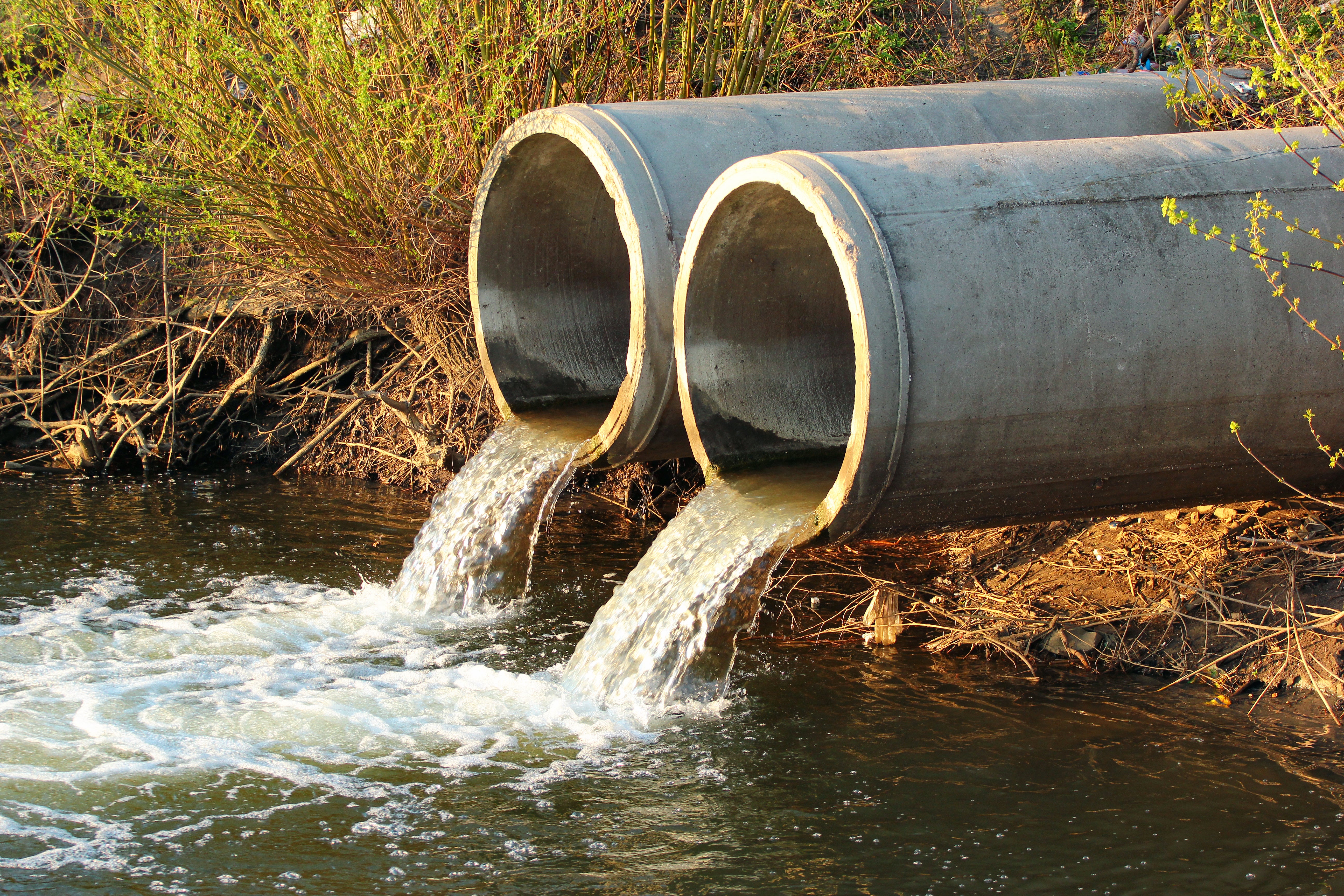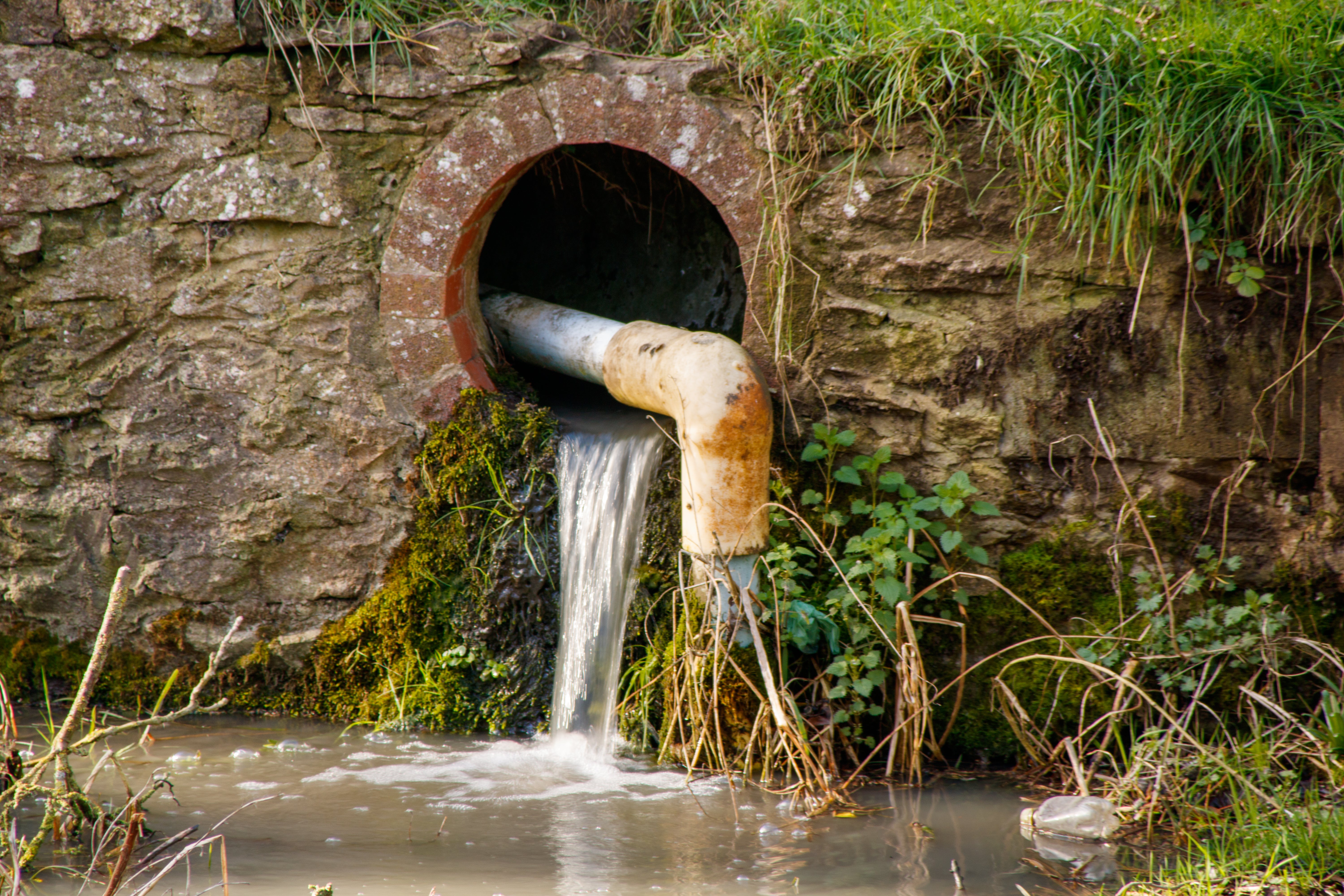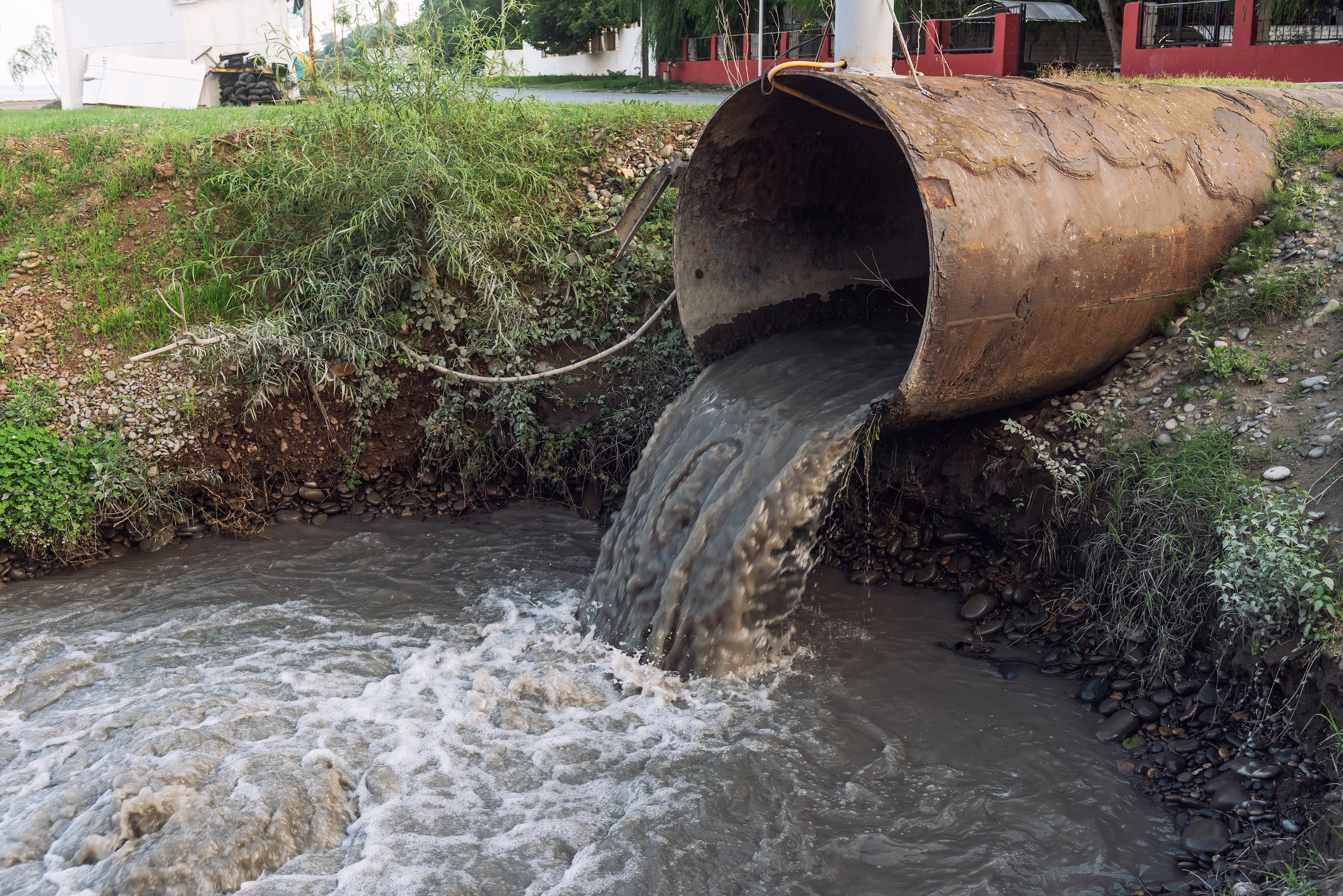Mapped: Sewage leaks in your area as water companies apologise for spills
UK water firm promises ‘unprecedented plan’ to fix rivers and beaches

More than 350,000 sewage spills have been counted across England and Wales over two million hours, according to official environmental data.
Data from The Rivers Trust earlier this year shows a total of 384,568 sewage leaks into the rivers and creeks across England and Wales, amounting to a duration of 2,348,439 hours.
Meanwhile, Environment Agency figures earlier this year showed there were a total of 301,091 sewage spills in 2022, an average of 824 a day.
Following the shocking figures, water companies in England have apologised for failing to effectively tackle spills in rivers and beaches.
Ruth Kelly, chair of Water UK, said: “The message from the water and sewage industry today is clear – we are sorry.
“More should have been done to address the issue of spillages sooner and the public is right to be upset about the current quality of our rivers and beaches.
“We have listened and have an unprecedented plan to start to put it right. This problem cannot be fixed overnight, but we are determined to do everything we can to transform our rivers and seas in the way we all want to see.”

Data from Thames Water in April found that raw sewage is being discharged into more than 80 English waterways across the country.
The leaks are spilling into rivers and creeks via storm overflows as the government comes under pressure over its clean water plan.
Thames Water launched a digital map, providing real-time data on its discharges across the South East, amid growing public anger about the state of the country’s rivers.
There has been a 29-fold increase in untreated sewage discharges into rivers and seas over a period of five years, Environment Agency figures obtained via freedom of information requests revealed last August.
Further analysis of the agency’s data – which showed raw sewage had been pumped into British waterways for a total of 9,427,355 hours since 2016 – showed that nearly one in four discharges went unmonitored the previous year.There has been a 29-fold increase in untreated sewage discharges into rivers and seas over a period of five years, Environment Agency figures obtained via freedom of information requests revealed last August.
Further analysis of the agency’s data – which showed raw sewage had been pumped into British waterways for a total of 9,427,355 hours since 2016 – showed that nearly one in four discharges went unmonitored the previous year.
Has your health been impacted by sewage in your area? If so email maryam.zakir-hussain@independent.co.uk
Below is a map that shows where sewage leaks are happening across the country, recorded over the 48 hours up to 10am on 5 April:
To deal with the overspill, Thames Water announced on 1 March that a record £1.6 billion would be invested in sewage treatment works and sewers over the next two years.
Sarah Bentley, Chief Executive of Thames Water, said: “The discharge of untreated sewage is unacceptable, and we are committed to tackling this problem. We are investing record sums in upgrading our sewer systems and treatment works and are striving every day to reduce the discharge of untreated sewage into our rivers.”

The Department for Environment, Food and Rural Affairs (Defra) said it had asked water companies to speed up investment in infrastructure to prevent sewage discharges, reduce nutrient pollution and improve the water supply’s resilience to drought.
Environment secretary Therese Coffey said at the time: “This is not straightforward, but I take this issue extremely seriously and things need to change. That’s why we have developed this plan and we are committed to delivering the progress that people want to see.”
Join our commenting forum
Join thought-provoking conversations, follow other Independent readers and see their replies
Comments


Bookmark popover
Removed from bookmarks